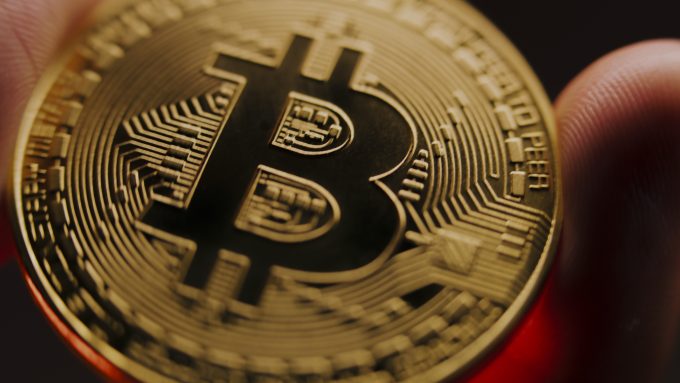Senate Democrats have released a new framework for digital asset legislation that emphasizes financial privacy on paper but leaves open-ended questions about how those protections would function in practice. Critics argue that vague language and broad regulatory ambitions could erode the very privacy the framework claims to safeguard.
A Push for Stricter Oversight
The six-page proposal, published this week by 12 Senate Democrats including Ruben Gallego (AZ), Kirsten Gillibrand (NY), and Catherine Cortez Masto (NV), outlines priorities for shaping U.S. digital asset market structure. Central to the document is the goal of “protecting financial privacy while denying bad actors access to the financial system.”
The framework calls for:
-
Requiring digital asset platforms to register with the Financial Crimes Enforcement Network (FinCEN) as financial institutions under the Bank Secrecy Act.
-
Imposing anti-money laundering (AML) and counter-terrorism financing (CFT) obligations.
-
Extending sanctions compliance requirements to offshore crypto platforms serving U.S. customers.
-
Addressing the use of decentralized finance (DeFi) platforms by bad actors.
-
“Shaping ecosystems” to isolate non-compliant platforms.
While the stated aim is to strengthen consumer protections and mitigate illicit finance, the plan stops short of providing technical or operational details on how regulators would enforce these measures.
The Ambiguity Problem
Industry participants are voicing concerns about the framework’s lack of specificity. Phrases such as “addressing bad actors’ use of DeFi” and “shaping ecosystems to isolate non-compliant platforms” raise questions about whether regulators could seek to embed controls directly into blockchain infrastructure.
“Ambiguity is the problem here,” said one Washington-based crypto policy analyst. “Without clear definitions, this framework risks being interpreted as a license for surveillance and censorship.”
Comparisons have been drawn to earlier debates around digital ID systems, which some policymakers see as a way to separate “good” from “bad” actors in financial markets. Former CFTC Chair Tim Massad has suggested that digital IDs could serve as the foundation for compliance in decentralized systems.
Bitcoin Versus Smart Contract Chains
The framework’s implications vary across blockchain networks. Bitcoin, with its relatively simple transaction structure and lack of programmable smart contracts, may be less susceptible to regulatory control at the protocol level. In contrast, smart contract platforms such as Ethereum or Solana could be more easily targeted through mandated code changes or restrictions imposed on DeFi applications.
That distinction could create an uneven playing field, with some assets shielded by their technical design while others face new layers of compliance requirements.
Investor Sentiment and Market Impact
For investors, the potential introduction of sweeping compliance measures brings both risks and opportunities. Tighter oversight could deter illicit activity and improve institutional confidence, but it could also raise transaction costs and stifle innovation in DeFi ecosystems that depend on open, permissionless participation.
Markets have not yet reacted strongly to the framework, in part because it remains at the conceptual stage. Still, traders and institutional allocators are monitoring developments closely, particularly as regulatory clarity becomes a key determinant of capital inflows into crypto assets.
Looking Ahead
If Democrats are serious about balancing privacy with oversight, industry leaders say they must provide greater clarity on definitions and enforcement. Questions remain about whether “platforms” refers only to centralized custodians such as Coinbase and Kraken, or whether it also includes privacy-preserving services like Samourai Wallet or mixers such as Tornado Cash.
As regulatory frameworks evolve, the challenge for lawmakers will be crafting rules that target illicit activity without dismantling the privacy and decentralization features that distinguish digital assets from traditional finance. The answers will shape not just compliance burdens but the future architecture of the U.S. crypto economy.













https://shorturl.fm/emZ1P